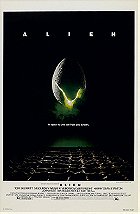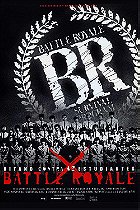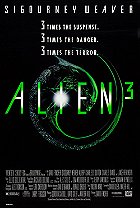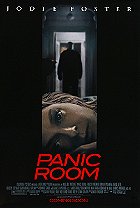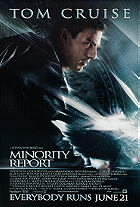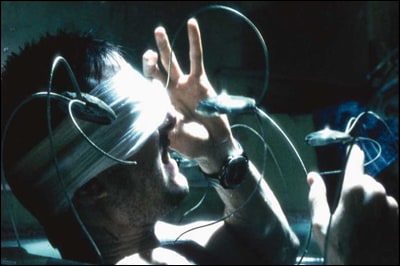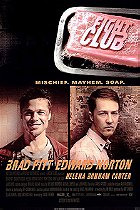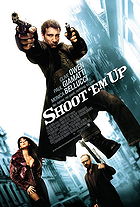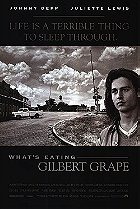A solid decent war film that follows the US siege of the Somalian city Mogadishu. Starts with us all getting acquainted with the marine characters and their routines.
Josh Hartnett: Eversmann
Two black Hawk choppers are put down. What transpires is alot of desperate marines trying frantically to secure and survive against impossible odds.

Josh Harnett, Orlando Bloom, Ewan Mcgregor, Eric Bana, Jason Isaacs all do a magnificence job of their marine counterpart roles. Also a peek from Ioan Gruffudd.
Some graphic scenes and bloody gore that are sickeningly realistic. Amazing battle scenes and tense heart-pounding music. Was quite savage in parts. Even some slapstick comedy lurking in here!
For whatever reason, I don't remember hearing much about the civil war in Somalia or about the Battle of Mogadishu on which Black Hawk Down is based. The plan seemed simple enough: the Army is sent into Somalia by the government to try to put an end to the Civil War. On October 3, 1993, a group of them were sent on a quick mission to capture the Somali warlord that had been running the country with an iron fist. It didn't take long for the operation to go completely FUBAR as two Black Hawk helicopters were shot down. Things went from bad to worse, as the Rangers found themselves surrounded by thousands of armed Somalis, whose only goal was to shoot any American soldier that invaded their space.
''It's what you do right now that makes a difference.''
Without having to draw a breath, a well deserved cry has to be made for Ridley Scott, who has succeeded in making one hell of a war movie with Black Hawk Down. Unlike some war films that lace the battle with slower character-building sequences, you have to wait only thirty minutes for the Rangers' mission to go into motion. And the action doesn't stop for the duration o the film, as the rest of the movie is filled with flying stray bullets, explosions and bloodshed. The fighting is so chaotic that it is hard to follow the action and tell what is happening, at times, and it becomes almost too easy to become emotionless to the violence. By the third time someone yells RPG's! though, every viewer knows it's wise to duck and cover.
While the American soldiers go in with a solid plan, it doesn't take long for panic to set in, and pretty soon, you're not sure which side is more disorganized. It's amazing to watch what seems like thousands of extras playing the Somali militia swarming over the soldiers, and the action and camerawork is reminiscent of a video game as the soldiers try to escape their precarious situation through the streets of Mogadishu. As the movie progresses, the tension continues to build as the grim and unrelenting hopelessness of the situation sets in both for the soldiers and the viewer.
It's pretty amazing how much has been made of the 19 downed American soldiers when over 1000 Somali men, women, and children were killed during the raid. While the movie is clearly weighed towards the American perspective, I can't imagine how it must have felt to be the guy who gets to play "Dead Somali with a Gun #354".
''You Americans don't smoke anymore. You live long, dull and uninteresting lives.''
Although characterization has always been used extensively in war movies to get the viewer to care about the characters, Black Hawk Down works better because it utilizes the soldiers, they are personified as little more than grunts in the field doing the bidding of their superiors. At least the soldiers had their names taped to their helmets, so that this didn't have the problem of some war movies, where it's sometimes hard to tell who is who. Some of the best performances of the film come from Tom Sizemore as the gung-ho Lt. McKnight and Josh Hartnett, who plays the sergeant who leads the mission and feels personal guilt every time a man is lost. Sam Shepard also is excellent as Major General William Garrison, who sits back in the safe zone watching his doomed men be overpowered by the enemy. Eric Bana's part is small, but he has some of the best lines in the film, really driving home the point of why soldiers do what they do. Ewan McGregor's role is even more minor and insignificant, but his Trainspotting compatriot, Ewen Bremner offers the movie's little bit of comic relief.
As expected in a Ridley Scott film, the visuals and camera-work are stunning with the movie having a gray almost monochromatic look that makes the orange flames and red blood really stand out. As is typical in Scott's recent movies, there is lots of flying dust, rubble and debris mixed with slow motion shots of falling bullet casings and splattered blood. He also uses animals and non-military personnel well in some of the shots to show that this firefight is happening in the middle of a populated market district.
Ridley Scott rightly deserved an Oscar nomination with Hawk . It`s his movie and he surpasses some aspects that Spielberg achieved with Saving Private Ryan. War is hell and this is a film of stark and haunting imagery of victims of famine , of mutilated soldiers and civilians . Both editing and cinematography are superb with many great scenes like the small stream of American soldiers walking up the street while on the other side of the houses a massive torrent of armed militiamen are walking in the same direction...
By the end, while the troops are shown retrieving, you see an old man crossing the roads, holding a dead kid in his hands. There is no emotion to be seen in his face. You hear a music at the background. And with the single scene you are convinced about the brutality of a war. This single scene discloses the greatness of the cinema,reveals the talents of a film maker and greatness of an art form.
''No one gets left behind, you know that.''
 Login
Login
 Home
Home 24 Lists
24 Lists 448 Reviews
448 Reviews Collections
Collections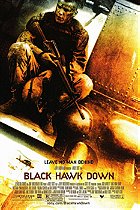
 0 comments,
0 comments, 